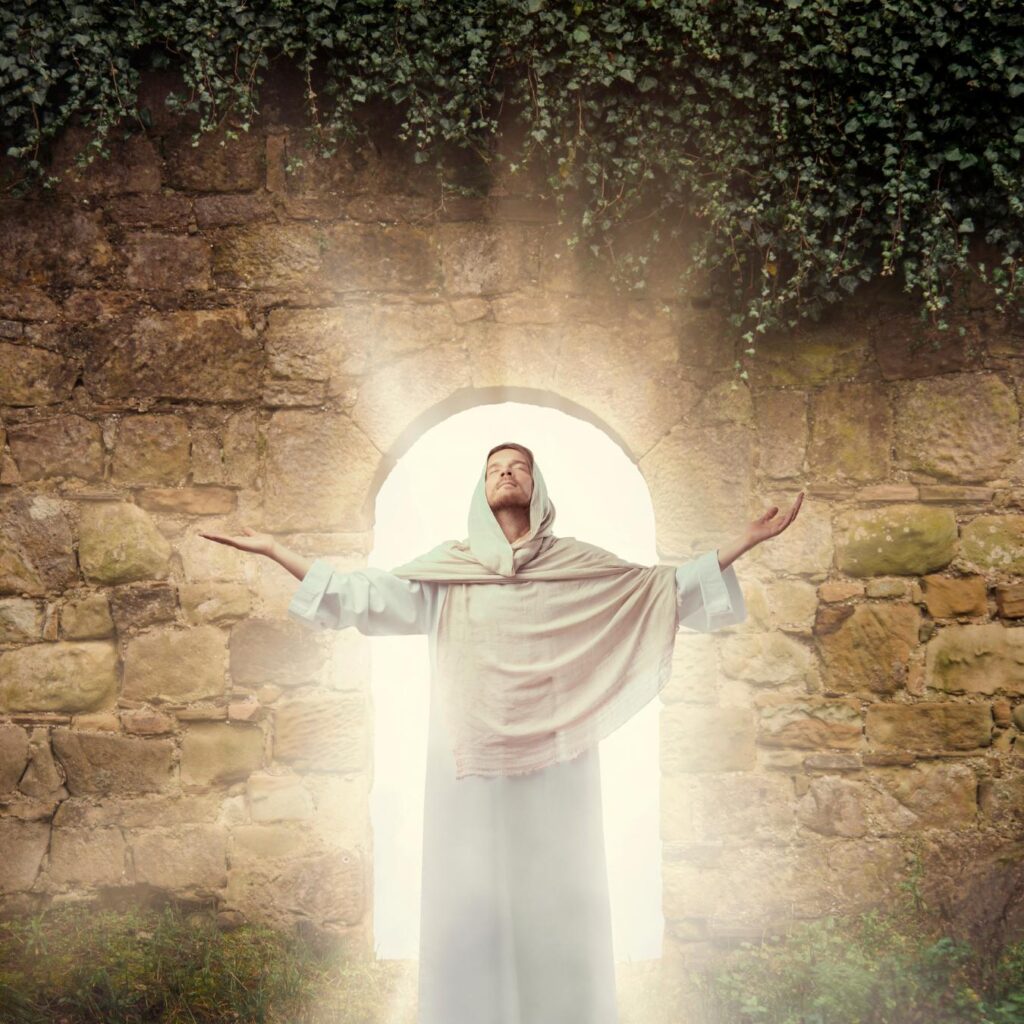
The Easter story begins very early in the morning of the first day of the week while it is still dark. As an old man, John would later write that ‘the darkness is passing away and the true light is already shining‘. But he links this strictly to one condition: ‘Whoever loves his brothers and sisters,’ John says, ‘lives in the light.’ On the other hand, ‘whoever prefers to hate… is still in the darkness.’ (1 Jn 2:8-11).
On Friday, as we remembered the sufferings and death of the most marvelous human being the world has ever known, we came face to face with the dark side of human nature, the darkness that led the enemies of Jesus to torture, humiliate, and finally murder him on a cross. On that black day in Jerusalem, the capacity of human beings to hate, hurt and harm one another went completely out of control. It’s no wonder, then, that ‘darkness came over the whole land until three in the afternoon, ‘that ‘the sun’s light failed”, and that ‘the curtain of the temple was torn in two‘ (Lk 23:24).
Between light and darkness, between good and evil, one mighty struggle is still going on. It’s going on in the physical cosmos, in human societies, and within our own personalities. Although the darkness often appears to be stronger than the light, it has not yet triumphed. The light is remarkably resilient. Often in danger of being extinguished, it manages to survive, and even to win many victories.
The words of Mahatma Gandhi, the father of modern India, still ring as true as when he spoke them seventy years ago: ‘When I despair I remember that all through history the way of truth and love has always won. There have been tyrants and murderers, and for a time they can seem invincible, but, in the end, they always fall.’ The words of the Easter Vigil liturgy express the same truth in an equally appealing way: ‘The power of this holy [Easter] night,’ it proclaims, ‘dispels all evil, washes guilt away, restores lost innocence, brings mourners joy. It casts out hatred, brings us peace, and humbles earthly pride.’ Our celebration of Easter reminds us that the darkness of evil and hatred will never have the last say. For the resurrection of Jesus proclaims the ultimate triumph of light over darkness and goodness over evil, both in us and in our world.
So we celebrate his resurrection today by rising from darkness and death ourselves. The Risen Lord himself, represented here by this beautiful Easter candle burning in our midst, is asking us to leave behind the works of darkness, to renounce and reject anything and everything in our lives which is dark, sinister and evil, and as persons connected to him by baptism, to ‘walk always as children of the light ‘, following in his footsteps.
So we are now invited to renew our baptismal promises. Reject darkness, evil and sin in every shape and form. And promise to follow Jesus Christ from now on, in a life of light, goodness and love, a life shaped by his own powerful example, a life supported and guided by the Holy Spirit, whom he first gave us at baptism and whom he gives us again right now. So together, dear People of God, let us renew our baptismal promises, and renew them as loudly and enthusiastically as we can.